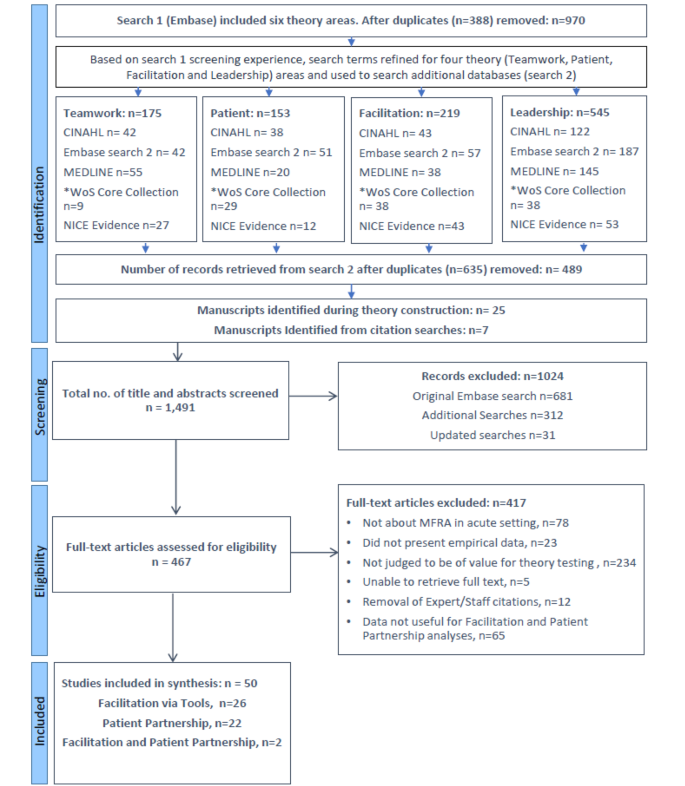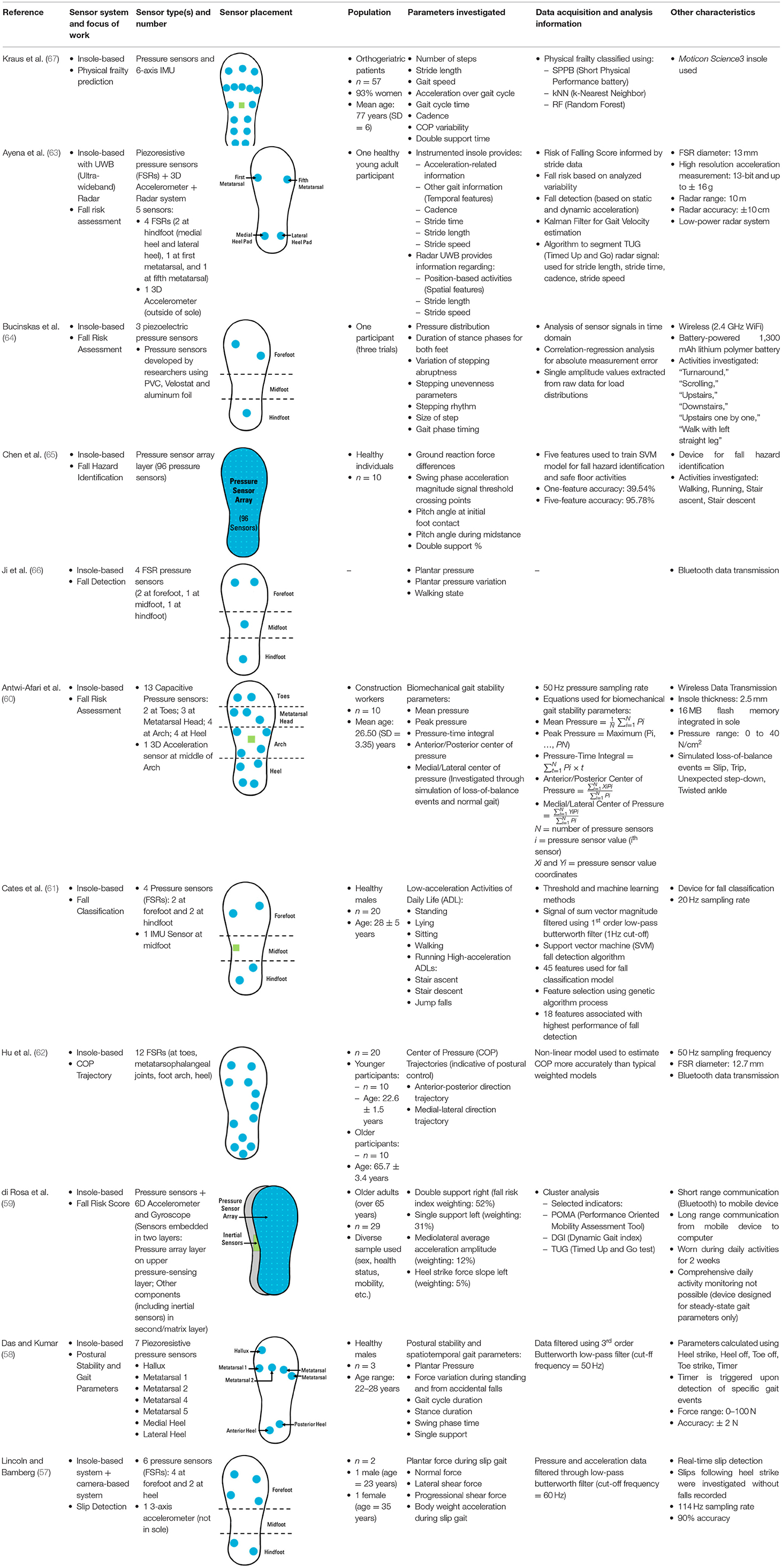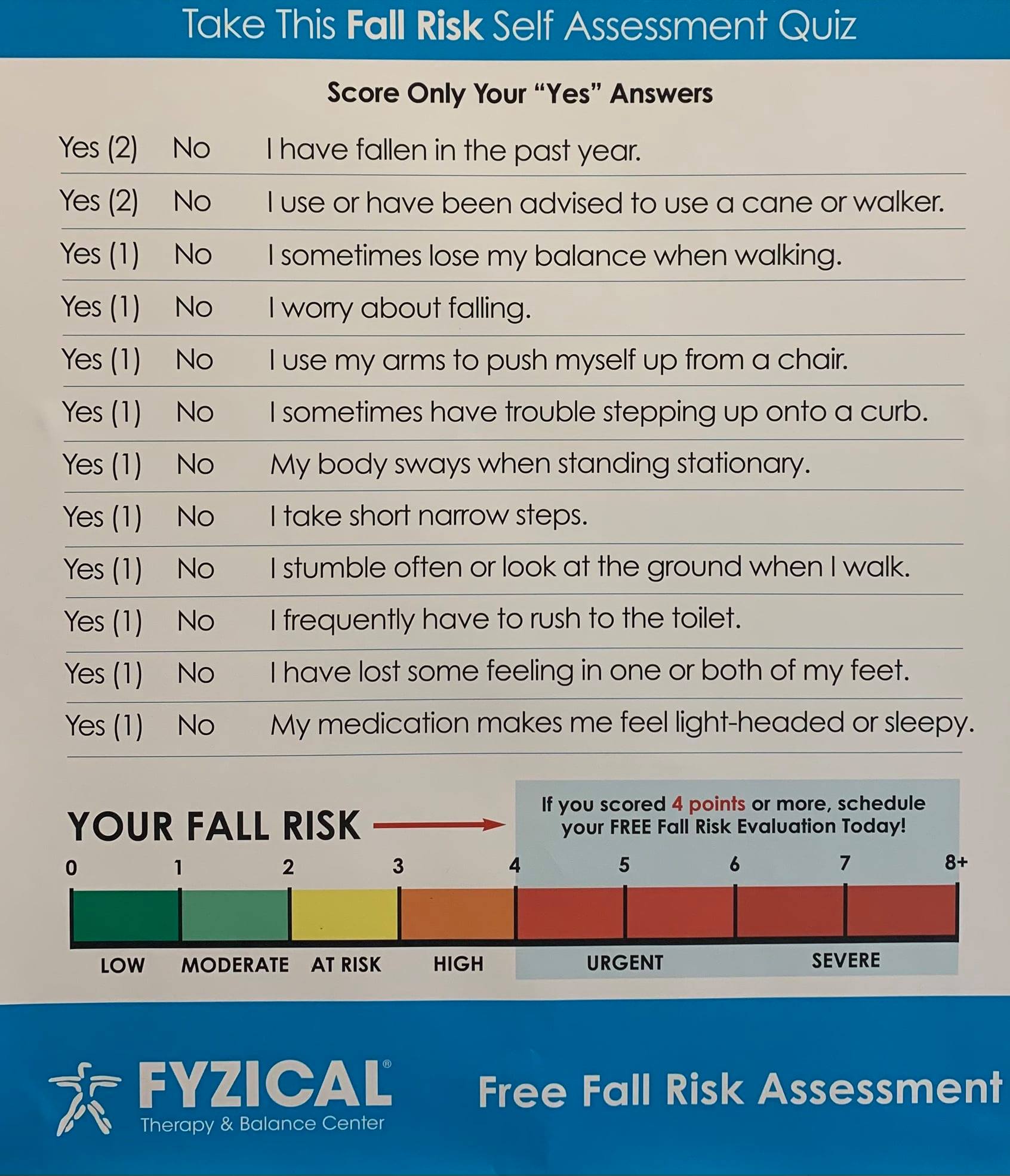6 Easy Facts About Dementia Fall Risk Described
6 Easy Facts About Dementia Fall Risk Described
Blog Article
Examine This Report about Dementia Fall Risk
Table of ContentsNot known Incorrect Statements About Dementia Fall Risk Some Known Details About Dementia Fall Risk 3 Simple Techniques For Dementia Fall RiskLittle Known Facts About Dementia Fall Risk.Not known Facts About Dementia Fall Risk
Based on signs and signs and symptoms, such as evidence of head injury or a brand-new focal neurologic shortage, calculated tomography or MRI of the brain might be indicated. An evaluation for sources of syncope ought to be carried out just if there is strong suspicion, as when it comes to recurring, unusual falls
Health care companies make use of a fall danger analysis to recognize your threat elements for dropping and make valuable recommendations. Some people attempt to reduce their fall danger by restricting their activity or aiming to be a lot more mindful. But these well-intentioned behaviors aren't enough. A loss threat analysis is crucial since understanding which aspects enhance your possibilities of falling assists you: Decrease your threat of dropping or hurting on your own.
Optimize your capacity to relocate and be energetic. Maintain a healthy, independent life. All adults 65 years and older must have an initial autumn danger testing. Your doctor may ask you whether you: Feeling unsteady when standing or walking. Have actually dropped in the previous year. Stress over dropping. If you address yes to any of these inquiries, your healthcare provider will certainly recommend an additional, more thorough analysis.
The 5-Minute Rule for Dementia Fall Risk

Explore this detailed nursing care plan and management guide to successfully stop danger for drops among clients. Acquire important understanding concerning the nursing analysis, nursing medical diagnosis, and goals particularly tailored to patients that are at danger for falls. A is defined as an occasion that results in an individual coming to rest accidentally on the ground or flooring or various other reduced level (WHO, 2021). Continue
According to the Centers for Condition Control and Avoidance (CDC),, creating over 34,000 fatalities for that age team. Falling is the second leading cause of death from unintentional injuries internationally. Fatality from drops is a severe and endemic trouble among older individuals. It is estimated that loss death prices in the U.S

Each year, over 800,000 patients are hospitalized because of falls. Nurses play a significant role in protecting against falls for their clients through education and learning, evaluating fall risk, creating safer environments, and providing interventions in avoiding injuries why not try these out from falls.
Falls are due to a number of aspects, and an alternative method to the individual and setting is crucial. Expect a person is taken into consideration at high danger for drops after the screening.
The Single Strategy To Use For Dementia Fall Risk
A needs making use of a verified device that researchers have examined to be beneficial in calling the reasons for drops in an individual. As an individual's health and wellness and circumstances adjustment, review is required. The level of autumn threat can be established using the evaluation of inherent and extrinsic aspects. Criterion assessment tools can additionally be utilized (discussed listed below).
People are more probable to fall once more if they have actually maintained several falls in the past six months. The older populace is at enhanced threat of fall-related readmissions based upon a research identifying the variables anticipating of repeat falls associated results (Prabhakaran et al., 2020). Persons with damaged awareness and disorientation might not understand where they are or what to do to assist themselves.
In addition, complication and damaged judgment boost the individual's possibility of falling. The capacity of individuals to secure themselves from falls is affected by such factors as age and development. Older individuals with weak muscles are most likely to fall than those who keep muscle strength, adaptability, and endurance. These changes include lowered visual feature, impaired color understanding, change in facility of gravity, unsteady stride, reduced muscle mass stamina, decreased endurance, altered depth perception, and delayed reaction and response times.
The Of Dementia Fall Risk
Much less contrast level of sensitivity was quite related to both boosted prices of drops and other injuries, while reduced aesthetic skill was only associated with boosted fall rate (Wood et al., 2011). Sensory perception of ecological stimuli is critical to safety. Vision and listening to disability restriction the client's capacity to view risks in the environments.
Older adults that have poor equilibrium or difficulty walking are a lot more most likely to drop. These troubles may be related to lack of workout or a neurological cause, arthritis, More Help or other medical conditions and therapies. An important threat variable highlighted in a research is that adults with rheumatoid joint inflammation are at high threat of falls, including puffy and tender lower extremity joints, tiredness, and use of psychotropic drugs (Stanmore et al., 2013).
Report this page